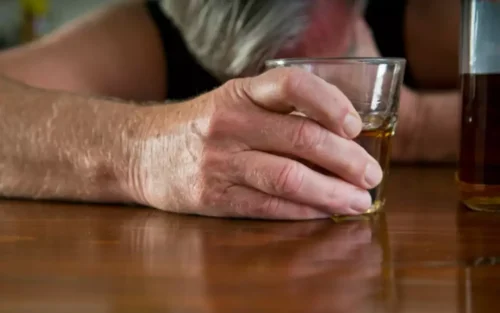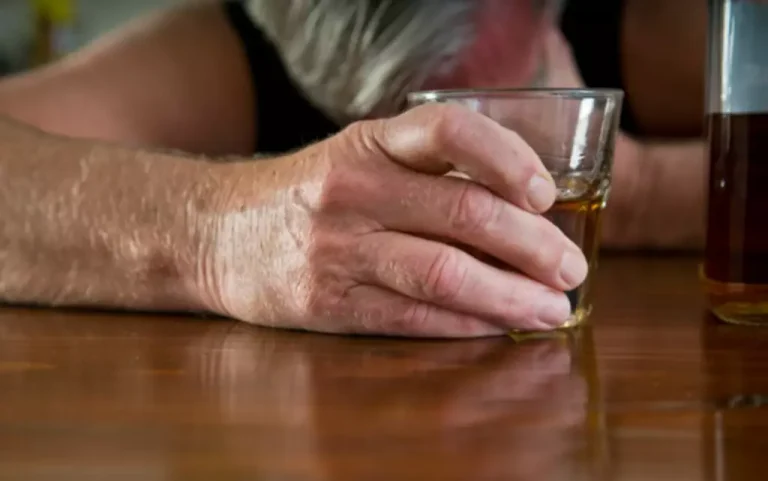
Evaluate the coverage in your health insurance plan to determine how much of the costs your insurance will cover and how much you will have to pay. Ask different programs if they offer sliding-scale fees—some programs may offer lower prices or payment plans for individuals without health insurance. The search for alcohol treatment can feel overwhelming. The three-step road map outlined in the NIAAA Alcohol Treatment Navigator offers expert guidance to focus and support your efforts. Learn how to find higher quality, science-backed alcohol treatment to raise your changes for success.
Why Should We Be Concerned About AUD and Alcohol Addiction?
Preparing and anticipating questions will help you make the most of your appointment time. As much as you love the person with the drinking problem and as upsetting as it can be to watch them struggle with their addiction, there’s only so much you can do. You can’t monitor their behavior around the clock, make all their decisions for them, or allow their problems to take over your life.
Examples of alcohol treatment programs
- Alcohol use can have a big effect on the people close to you, so couples or family therapy can help, too.
- Gather resources from doctors, counselors, inpatient alcohol rehab, and outpatient centers.
- Medchrome – Online Medical Magazine has been publishing academic medical and health related articles since 2009.
- So far, there’s no consensus on the medical definition of recovery in alcohol treatment literature.
An intervention professional, also known as an interventionist, also could direct an intervention. It sometimes includes a member of your loved one’s faith community or others who care about the person struggling with addiction. Talking to your loved one, who engages in unhealthy or hazardous drinking can be extremely effective and constructive if done tactfully, with compassion, and with the proper tools.
National Institute on Alcohol Abuse and Alcoholism (NIAAA)

It is rare that someone would go to treatment once and then never drink again. More often, people try to quit or cut back over time, experience recurrences, learn from them, and then continue on their recovery journey. For many, continued follow-up with a treatment provider is critical for overcoming alcohol problems. The provider can help adjust the treatment plan and aid long-term recovery. This guide is written for individuals—and their family and friends—who are looking for options to address alcohol problems. It is intended as a resource to understand what treatment choices are available and what to consider when selecting among them.

And some people in recovery do relapse and drink again. Instead, these are groups of people who have alcohol use disorder. Examples include Alcoholics Anonymous, SMART Recovery, and other programs. Your peers can offer understanding and advice and support for those who struggling with alcohol addiction help keep you accountable.

- The above mentioned scenarios are referred to as triggers—the people, places, situations, and things that can increase an individual’s risk of relapse.
- Consider staging a family meeting or an intervention, but don’t put yourself in a dangerous situation.
- You are not your loved one’s therapist or AA mentor, so don’t try to take on those responsibilities.
- Recovery is an ongoing process, requiring time and patience.
Ways you can help include avoiding alcohol when you’re together or opting out of drinking in social situations. Ask about new strategies that they learned in treatment or meetings. Help your loved one plan how they’re going to avoid triggers to drink, deal with alcohol cravings, and cope in social situations where there’s pressure to drink.

If you don’t control codependency, it can lead into more serious complications such as obsessive behavior, blame, and mental health issues. Treating alcoholism isn’t easy, and it doesn’t always work the first time around. Often a person has been contemplating abstinence for some time, yet couldn’t get sober on their own. Don’t blame yourself if the first intervention isn’t successful. The most successful treatment happens when a person wants to change. Your friend or loved one may also vow to cut back on their own.
